Welcome, new subscribers, and welcome back, loyal readers! I’m happy you’re here.
Today’s issue is dedicated to an interview with Dashka Slater, the author of “The Instagram Account that Shattered a California High School,” October’s article of the month.
Originally published in The New York Times Magazine in August, the piece explores a racist social media account created at a Bay Area high school in 2017 and its repercussions on young people and their community. The piece also raises the question: What does accountability really mean?
If you haven’t read it yet, I urge you to do so — and to join our discussion on October 29, if you’re moved.
I got a chance to interview Ms. Slater a few weeks back with fellow Article Clubber Melinda. It was an honor. I won’t give everything away, because it’s better to listen, but we discussed a number of topics, including:
how edgy humor is a premium in boy culture, how it causes harm, and how masculinity is contested terrority right now
how even in progressive places like the Bay Area, we think of accountability as punishment — that justice is balancing out the pain someone else has caused
how kids have a strong sense of justice, and how they want to do the right thing, but that they need guidance from their teachers and parents
how we as adults often don’t know what we’re doing, and how our own emotions get in the way of supporting our children
Most of all, it became abundantly clear in our conversation that Ms. Slater is a thoughtful and compassionate reporter and writer. She sees nuance and complexity. She doesn’t throw anyone under the bus. She gets to know people and writes with a ton of empathy. But this is not to say that Ms. Slater is wishy-washy or doesn’t have strong feelings about what happened at Albany High School. She does. She just understands that healing does not come via punishment.
One of the hardest things for anybody, any human, is to take a breath and say, I don’t know. And I think that was really lacking in Albany and in most places in a time of crisis, because everybody’s having emotions and they want immediate action. And as a result, there was a lot of action that wasn‘t very well informed with all the dynamics that it took me five years to reconstruct.
So I always say, the first thing is don‘t rush. Because there‘s a lot that you don‘t know. And the more you talk, the less you‘re listening in general. I think the other piece for adults is to not become the story. We often forget in our relationships with young people that we are not the story, and our job is to be teachers, coaches, mentors. We are supposed to assist.
Thank you for reading this week’s issue. Hope you liked it. 😀
To our 7 new subscribers — including Dave, Janina, Anna, Shoshana, and Kerry — I hope you find the newsletter a solid addition to your email inbox. To our long-time subscribers (Lauri! Lori! Larry!), you’re pretty great, too. Loyal reader Quan, thank you for sharing the newsletter and getting the word out.
❤️ If you like Article Club, I encourage you to become a paid subscriber. If you’ve subscribed for free for a long time, and you appreciate the articles and author interviews, and if you’ve joined one or more discussions, I encourage you to take the plunge. You’ll join an esteemed group of readers who value the mission of Article Club. Plus you’ll receive personal audio letters, invites to events, and other perks and prizes. It costs $5 a month or $36 a year.
On the other hand, if you no longer want to receive this newsletter, please feel free to unsubscribe. See you next Thursday at 9:10 am PT.


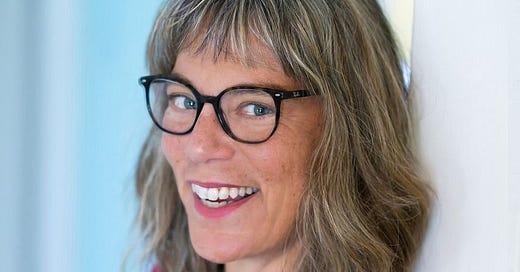
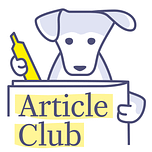










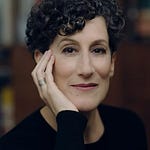
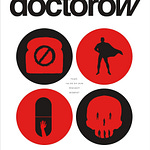
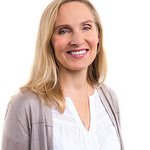
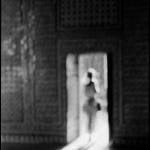



Share this post